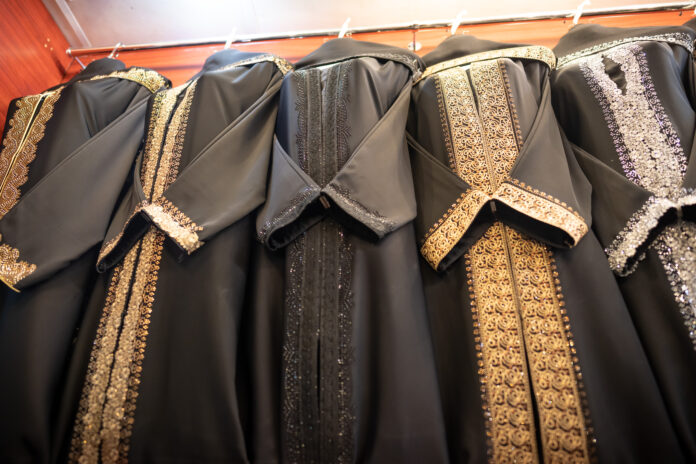In yet another move targeting Muslims, France plans to ban the abaya on school grounds according to the country’s education minister.
Gabriel Attal told broadcaster TF1 that the government intends to convey “clear rules” on the matter to school officials across the country.
He also said that he wanted to speak with school officials starting from next week to help them enforce the ban on the Islamic dress.
“Secularism means the freedom to emancipate oneself through school,” Attal said, describing the abaya as “a religious gesture, aimed at testing the resistance of the Republic toward the secular sanctuary that school must constitute.
“You enter a classroom, you must not be able to identify the religion of the students by looking at them,” he said.
The decision is the latest in several limitations on Islamic clothing in France, where the government has targeted Muslims with statements and policies in recent years, including raids and bans on mosques and charitable foundations, as well as an “anti-separatism” law that slaps wide-ranging restrictions on the community.
Recently, there have been reports of abayas being increasingly worn in schools and tensions within schools over the issue between teachers and parents.
Subscribe to our newsletter and stay updated on the latest news and updates from around the Muslim world!
The right and far-right in France had pushed for the ban, which the left argued would encroach on civil liberties.
A March 2004 law banned “the wearing of signs or outfits by which students ostensibly show a religious affiliation” in schools. This included large crosses, Jewish kippas and Islamic headscarves.
But unlike headscarves, abayas occupied a grey area and had faced no outright ban until now.
The education ministry already issued a circular on the issue in November last year. It described the abaya as one of a group of items of clothing whose wearing could be banned if they were “worn in a manner as to openly display a religious affiliation.” The circular put bandannas and long skirts in the same category.

At least one union leader, Bruno Bobkiewicz, welcomed Attal’s announcement. “The instructions were not clear, now they are and we welcome it,” said Bobkiewicz, general secretary of the NPDEN-UNSA, which represents headteachers.
Eric Ciotto, head of the opposition right-wing Republicans party, also welcomed the news. “We called for the ban on abayas in our schools several times,” he said.
But Clementine Autain, of the left-wing opposition France Unbowed party, denounced what she described as the “policing of clothing.” Attal’s announcement was “unconstitutional” and against the founding principles of France’s secular values, she argued, and symptomatic of the government’s “obsessive rejection of Muslims.”
Supporters of restrictions of Islamic clothing in schools argue that it upholds France’s principle of secularism, or laïcité, and ensures equality and neutrality in the education system. They believe that wearing religious symbols in schools could create divisions and infringe upon the separation of religion and state.
However, opponents view the ban as discriminatory and an infringement on religious freedom. They argue that it unfairly targets Muslim girls and women, restricting their ability to express their faith and access education.
Many critics argue that the law disproportionately affects Muslim students and reinforces cultural stereotypes.



















